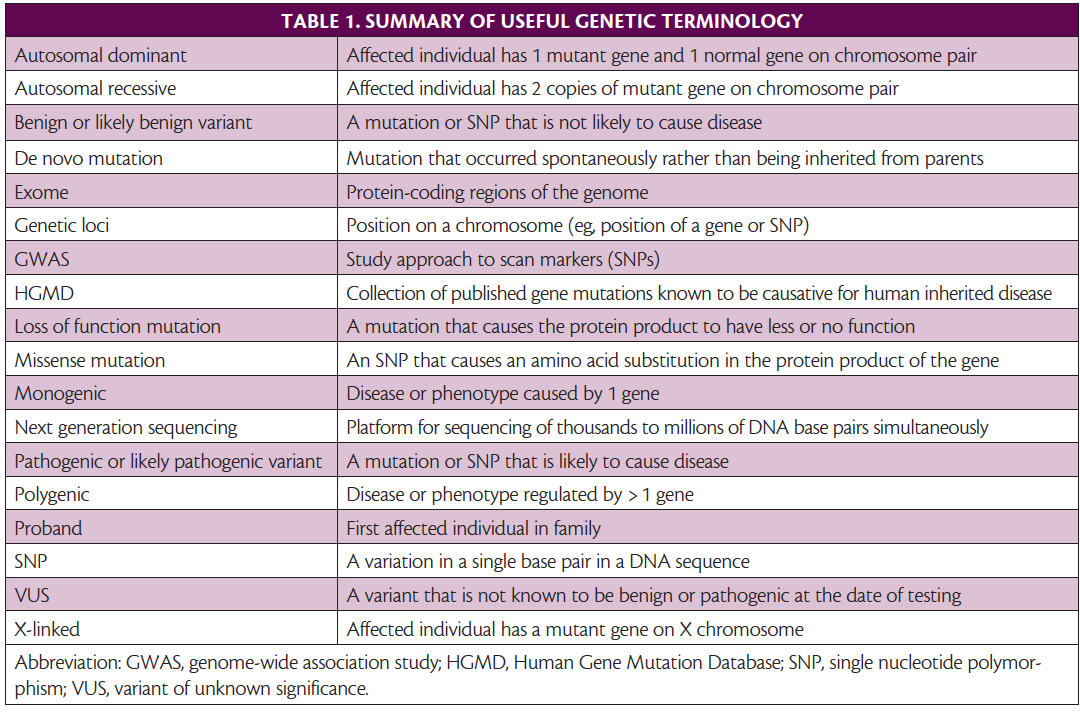


Leukemia is one of the main diagnoses for which patients receive stem cell transplants, and a growing percentage of these patients will receive a transplant using cord blood. For example, if an expectant mother is offering to bank her baby's cord blood as therapy for a relative, is that baby a close enough match to be a donor for the prospective patient, and is that baby a carrier and/or at risk for the disease? A genetic counselor can review the genetics of any conditions of concern, in each family, so that this information can be factored into the decision to save or use cord blood for therapy. These families need to first understand the inheritance of genetic markers in their family. Stem cell transplants from a close relative have the advantage in that the recipient is able to tolerate a less perfect match to the donor, experiences less graft-versus-host disease, have greater likelihood of survival than with an unrelated donor, and have the ability to go back to the donor for more matching blood or tissues if needed.įamilies with histories of genetic disease or potential risk for genetic disease will likely have the greatest interest in cord blood banking. The first cord blood transplant took place in 1988, and since then over 25,000 cord blood transplants have been performed world-wide for about 80 diagnoses.įamily genetics are important in stem cell transplantation, because patients fare better when their donor is related. Umbilical cord blood is an alternative source of stem cells for these patients.

But over 70% of patients will not find a suitable matched adult stem cell donor within their own family. Of particular interest to a genetic counselor are the thousands of patients diagnosed each year with conditions that can be treated by stem cell transplant, either currently or in clinical trials. In those families that have a history of medical conditions that may have a genetic component, genetic counseling can help the expectant parents to determine the potential therapeutic value of their baby's cord blood. Questions can be directed to Bonnie Liebers, MS CGC,Ĭord blood banking offers all expectant families a rare opportunity to help patients with a number of devastating diseases, whether those patients are within or outside their family. The Foundation's Terms of Use is expressly incorporated herein. The Foundation is not liable for any damages of any kind, nature or description (whether direct, consequential or punitive) arising out of or relating to information referenced in the Newsletter, or related in any way to the user's access to the Newsletter. Access to and use of all Newsletter information is at the user's own risk. The Foundation reserves the right at any time to remove materials and information from the Newsletter without communication with the author or organization. The Foundation is not responsible for the accuracy and completeness of information provided by guest authors, outside sources, or on websites linked to the Newsletter. The materials and information included in this electronic newsletter (Newsletter), including advertisements, are provided as a service to you and do not reflect endorsement by the Parent's Guide to Cord Blood Foundation (the "Foundation").


 0 kommentar(er)
0 kommentar(er)
